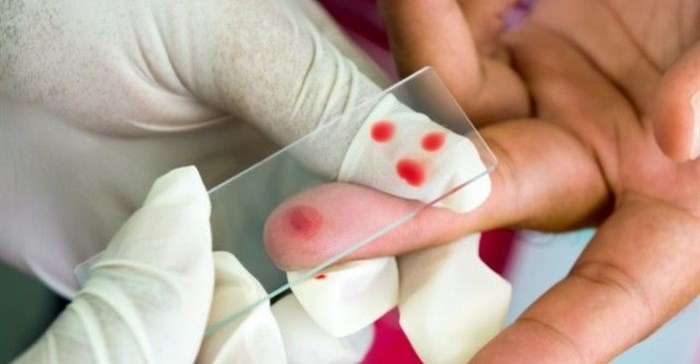
Top stories






More news

Marketing & Media
Warner Bros. was “nice to have” but not at any price, says Netflix

Logistics & Transport
Maersk reroutes sailings around Africa amid Red Sea constraints

















The World Malaria Report 2017, a global assessment of progress in the fight against malaria, shows that while malaria incidence and mortality rates remain far lower than 2010 levels, progress is beginning to stall.
“This year’s report warns that we could lose the tremendous gains made in reducing malaria sickness and death in Africa unless we do more to save lives from this preventable and treatable disease.
“We cannot forget the cost of this disease on our people and our economies. Last year on our continent, malaria killed 407,000 people and robbed us of $12bn in lost productivity, investment and associated health care costs. For every $1 we invest in malaria control and elimination we yield a $36 return for our economies.
“Getting back on track to reach our goal of a malaria-free Africa by 2030 will require our leaders to prioritise funding, scale up access to life-saving malaria interventions and new tools and strengthen health systems. In addition, the international community must sustain their commitments to these efforts,” said Joy Phumaphi, executive secretary of the African Leaders Malaria Alliance.
Meanwhile, there are some bright spots. Madagascar, Senegal, Zimbabwe, Ethiopia, and The Gambia registered reductions in the number of malaria cases last year. Madagascar reported the most significant decline among these countries, with 856,000 fewer cases of malaria in 2016.
“As African leaders, we must use the release of the World Malaria Report 2017 to energise our collective effort in the fight against one of our continent’s most devastating diseases. This year’s report is a reminder of what will happen if our commitments wane.
The progress made by Madagascar, Senegal, Zimbabwe, Ethiopia and The Gambia is commendable and shows us that we can do more to save our families, communities and countries from this disease. We can learn from their achievements to replicate their success across the continent,” said King Mswati III of the Kingdom of Swaziland and chair of the African Leaders Malaria Alliance.
In addition, African countries are making strides in collecting data on malaria cases and deaths. In 2016, 37 of 46 countries in the World Health Organisation African Region indicated that at least 80% of public health facilities had reported data on malaria through their national health information system.